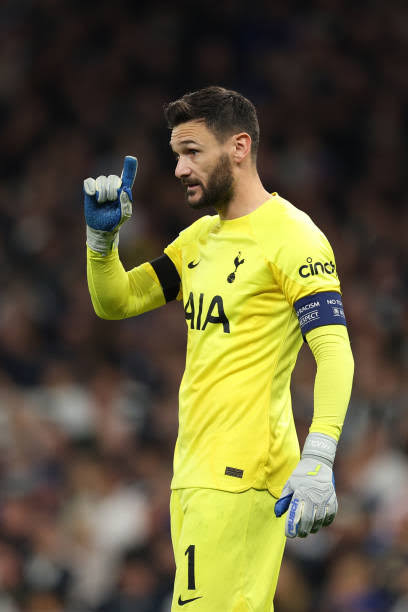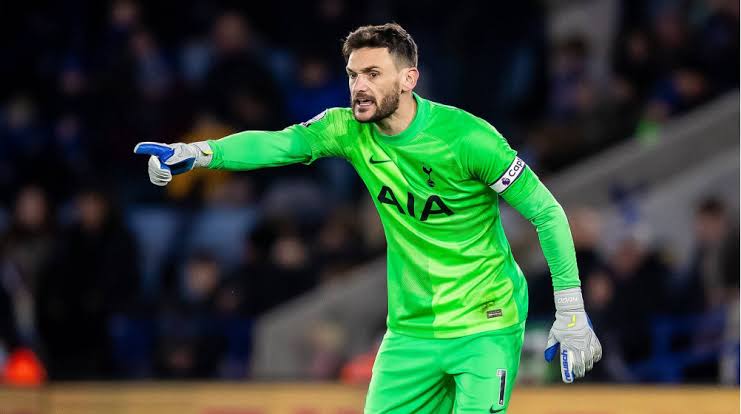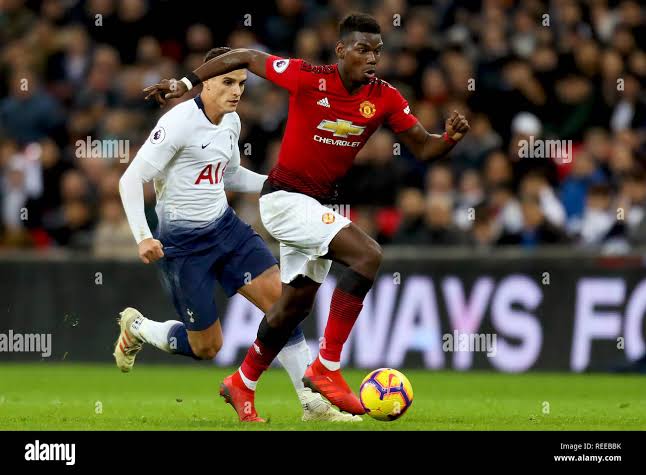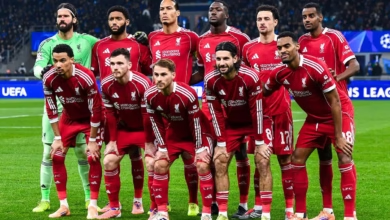Hugo Lloris believes a key decision damaged title hopes

Hugo Lloris recently discussed the factors he believes contributed to Tottenham Hotspur’s inability to win a major trophy during their close calls in the mid-2010s, particularly in the Premier League title race. The French goalkeeper, who is now winding down his career with LAFC, reflected on the team’s missed opportunities, sharing his thoughts on a key decision that, in his view, had a significant impact. Lloris was speaking on the BBC Five Live Football Daily Podcast, where he recalled how the club’s move from White Hart Lane to Wembley, while part of the club’s evolution, may have been a crucial turning point.
The 37-year-old reflected on the years leading up to Tottenham’s 2017-2018 campaign, which had seen them challenge for the Premier League title. Lloris felt that the team was on the verge of something special, particularly when considering their final season at White Hart Lane. That year, Spurs went unbeaten at home, winning 17 matches and drawing just two, accumulating an impressive 53 points at the stadium. This record was only surpassed four times in Premier League history, with teams earning 55 points from 19 games. In Lloris’ eyes, this home form was a critical strength that the team could have relied on as they pushed for silverware.
However, Lloris believes that the decision to move to Wembley for a season while the new Tottenham Hotspur Stadium was being built ultimately disrupted their rhythm. According to Lloris, the atmosphere at White Hart Lane was like a fortress, providing the team with a sense of invincibility. Moving to the larger, less intimate Wembley Stadium meant Spurs lost that edge. With a bigger stadium that was not always sold out, it became difficult to replicate the same fortress-like mentality. The early drop in form during their temporary relocation was something Lloris noticed immediately. As he explained, the early dropped points at home were significant, especially since they were facing the challenge of creating a new identity at Wembley. He felt that this disrupted their momentum and, in turn, their pursuit of the title.
The disruption was not just about the home atmosphere. The team had to adjust to new conditions and work out how to make Wembley feel like their own. This was not a small task, and the lack of continuity in their environment made it harder for them to maintain the high standards they had set. Lloris suggested that, had the team been able to stay at White Hart Lane for another season, they might have been able to capitalize on their form and close out the season with the trophy they were so close to winning.
Despite the setback, Lloris remained positive about the overall achievements of that team. While they may not have won the league or any other major trophies, they still managed to remain competitive, finishing in the top four and qualifying for the Champions League. They reached three finals during that period, but unfortunately, they were unable to secure silverware. Lloris acknowledges the unpredictability of football and accepts that sometimes success doesn’t materialize despite being close. He believes that the squad under Mauricio Pochettino was capable of winning, but the timing and circumstances just weren’t in their favor.
Looking back, Lloris still feels proud of the team’s efforts during that period, even though they didn’t end up with the ultimate prize. He also expressed pride in the evolution of the club, particularly with the new stadium. While the move to Wembley was a difficult transition, the construction of the Tottenham Hotspur Stadium was a significant milestone for the club, and Lloris believes that the fans now have one of the best football stadiums in the world to call home.
Ultimately, Lloris’ reflections highlight the fine margins in football. A decision like moving to Wembley, while part of the club’s long-term vision, may have cost Tottenham a real chance at a major title during those pivotal years. Despite the missed opportunities, however, Lloris believes the team’s legacy from that era remains a proud chapter in the club’s history.















